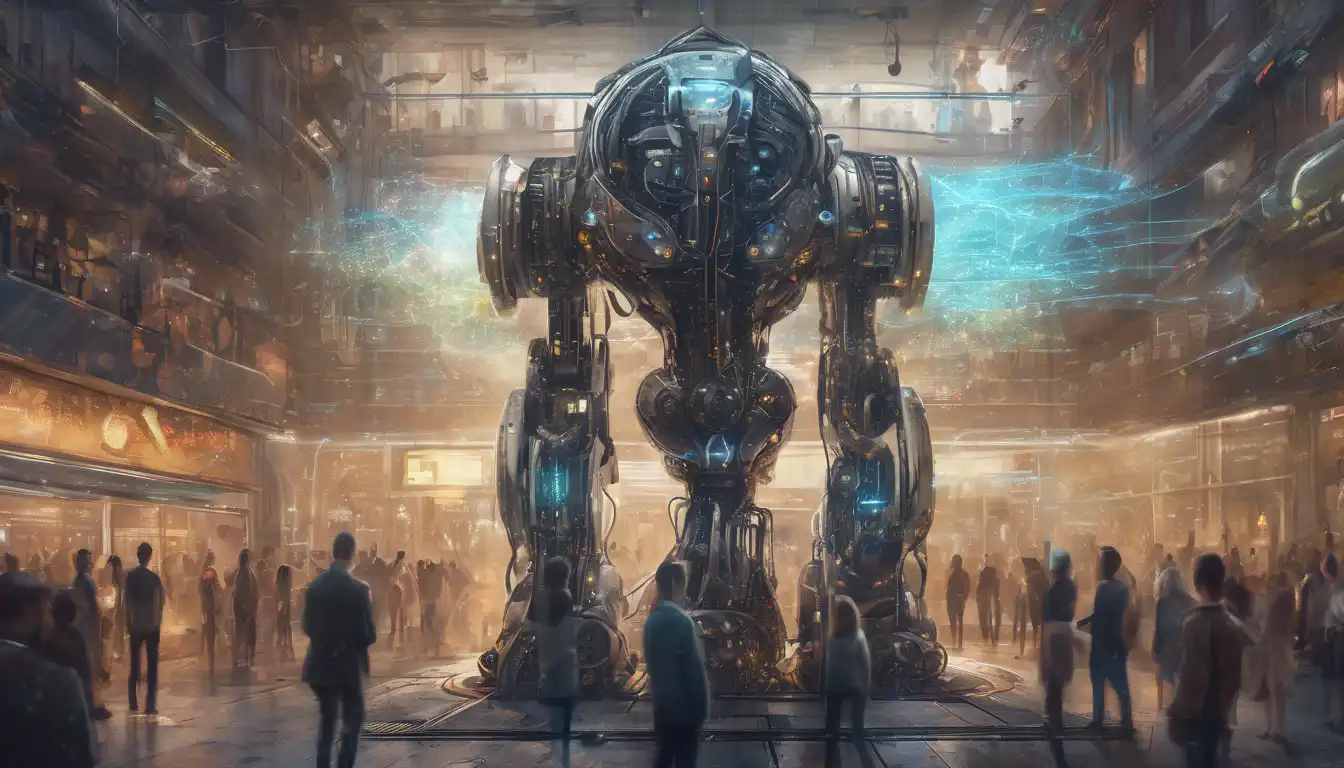The Role of Machine Learning in Enhancing Recommendation Systems
In the digital age, recommendation systems have become a cornerstone of user experience across various platforms. From streaming services like Netflix to e-commerce giants like Amazon, machine learning (ML) is the driving force behind the personalized recommendations that users have come to expect. This article explores how machine learning powers these systems, making them more efficient and accurate over time.
Understanding Recommendation Systems
Recommendation systems are algorithms designed to suggest relevant items to users based on various data points. These can include past purchases, browsing history, and even the behavior of similar users. Machine learning enhances these systems by enabling them to learn from data, identify patterns, and make predictions with minimal human intervention.
Types of Machine Learning in Recommendations
There are primarily two types of machine learning models used in recommendation systems:
- Collaborative Filtering: This approach makes recommendations based on the preferences of similar users. It's like getting book recommendations from friends with similar tastes.
- Content-Based Filtering: This method recommends items similar to those a user has liked in the past, focusing on the attributes of the items themselves.
Advanced systems often combine these approaches to improve accuracy, a technique known as hybrid filtering.
The Impact of Machine Learning
Machine learning algorithms continuously learn from new data, allowing recommendation systems to adapt to changing user preferences. This dynamic learning process ensures that recommendations remain relevant over time, enhancing user satisfaction and engagement.
Challenges and Solutions
Despite their effectiveness, recommendation systems face challenges such as the cold start problem, where there's insufficient data to make accurate recommendations for new users or items. Machine learning addresses this through techniques like transfer learning, where knowledge from one domain is applied to another.
Future Directions
The future of recommendation systems lies in deeper integration of machine learning techniques, including deep learning and natural language processing, to understand user preferences at an even more granular level. This will enable more personalized and context-aware recommendations.
As machine learning technology evolves, so too will the capabilities of recommendation systems, making them an even more integral part of our digital experiences. For more insights into the power of AI, explore our latest articles on AI advancements.
